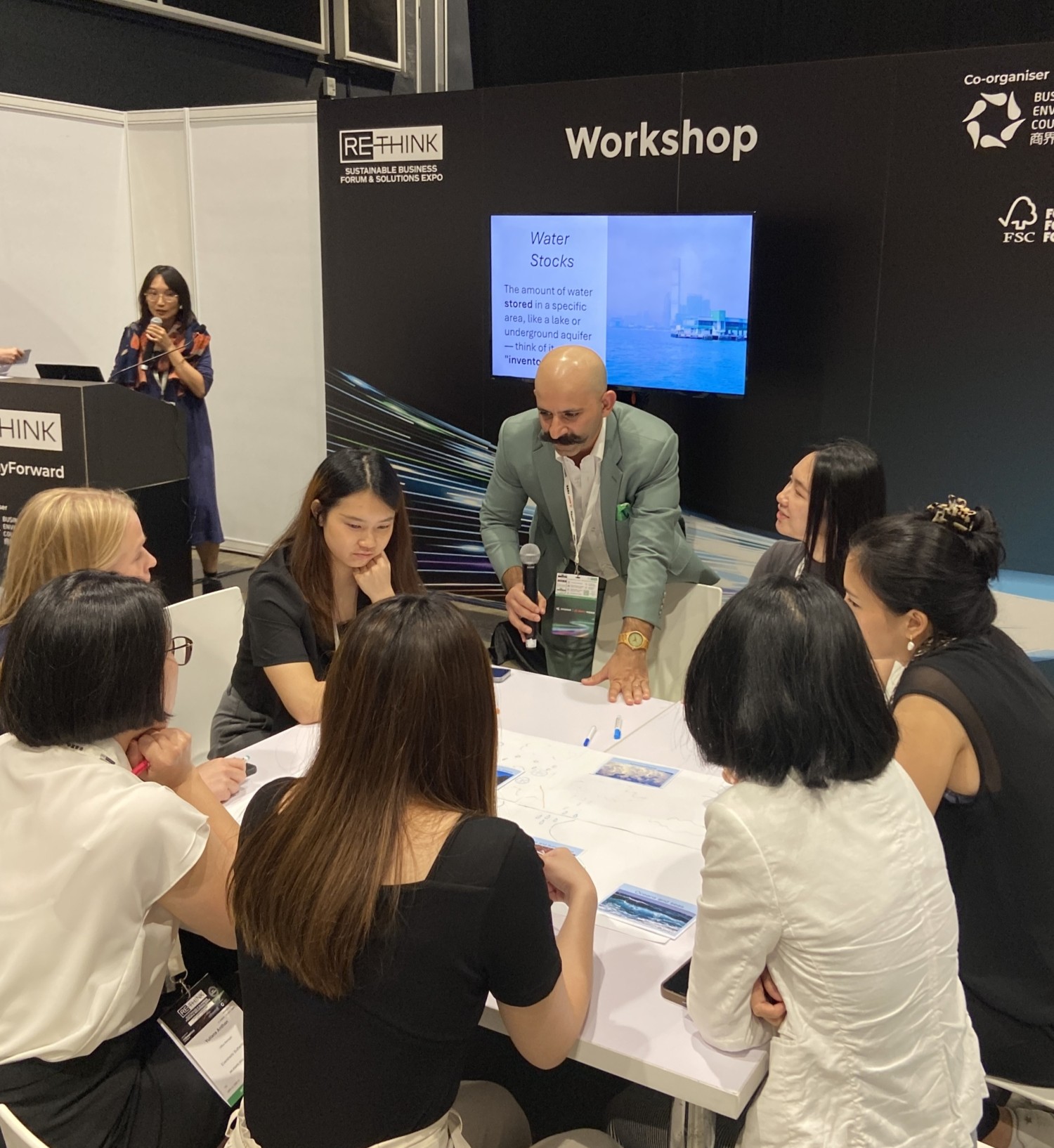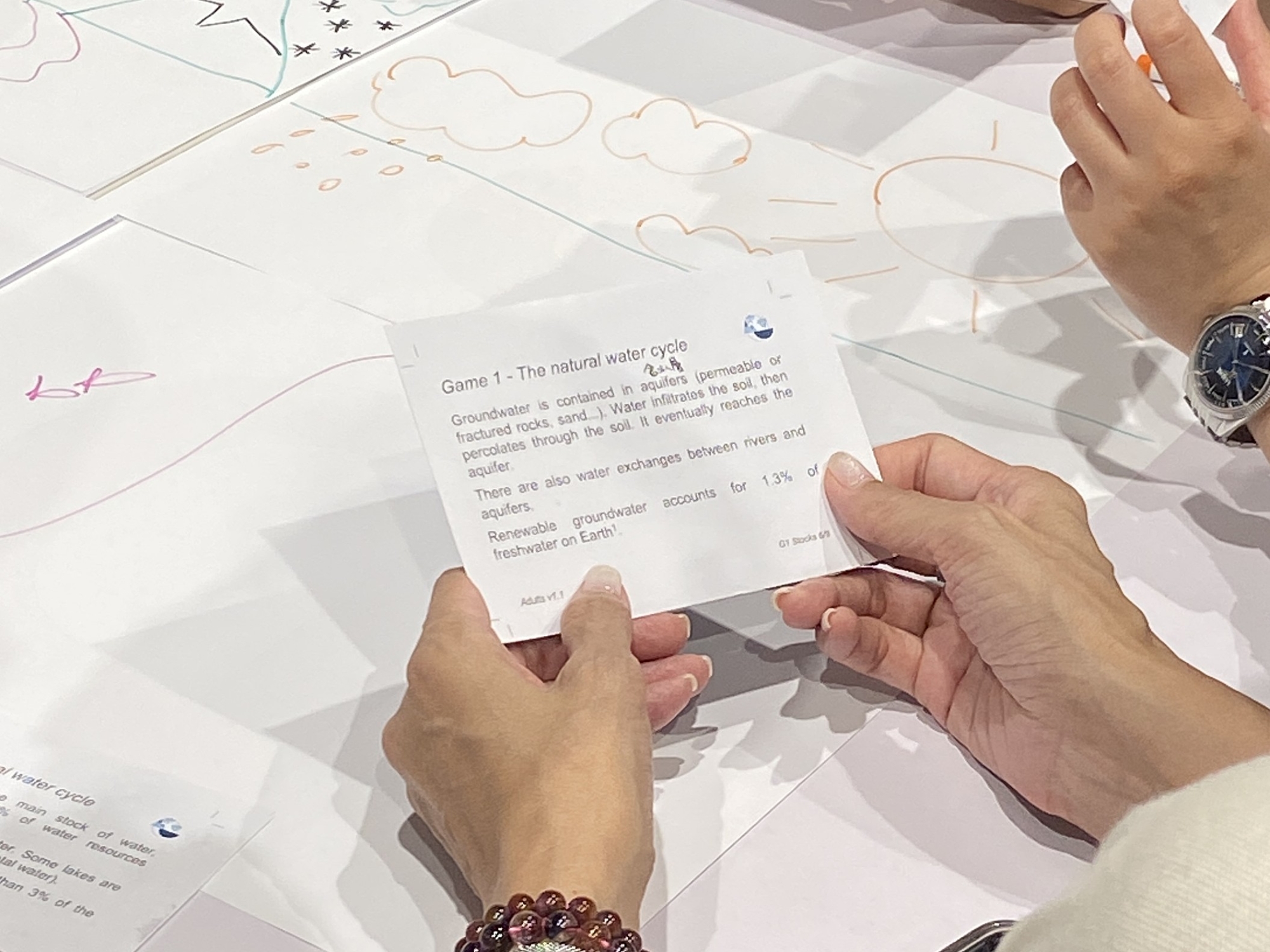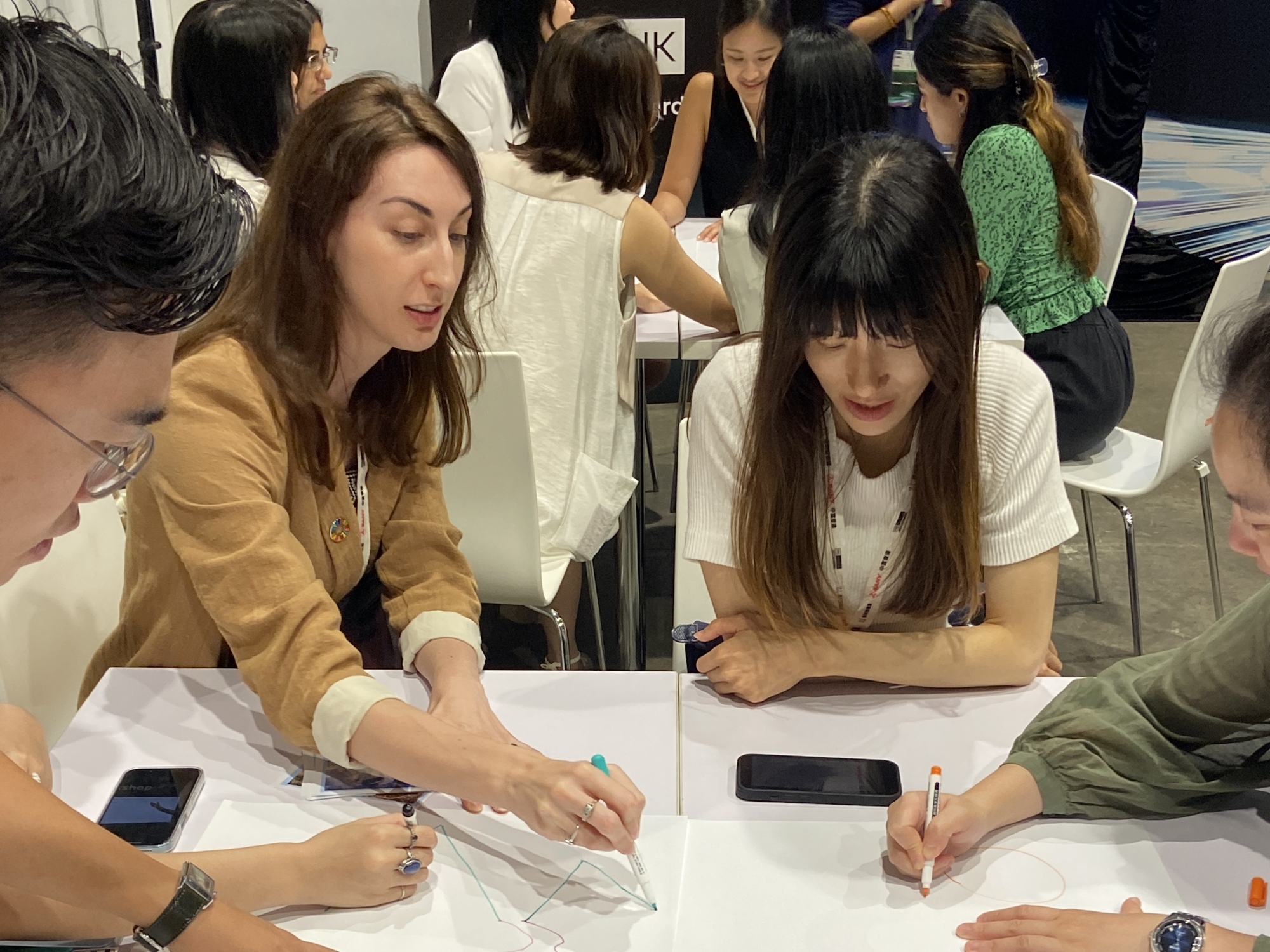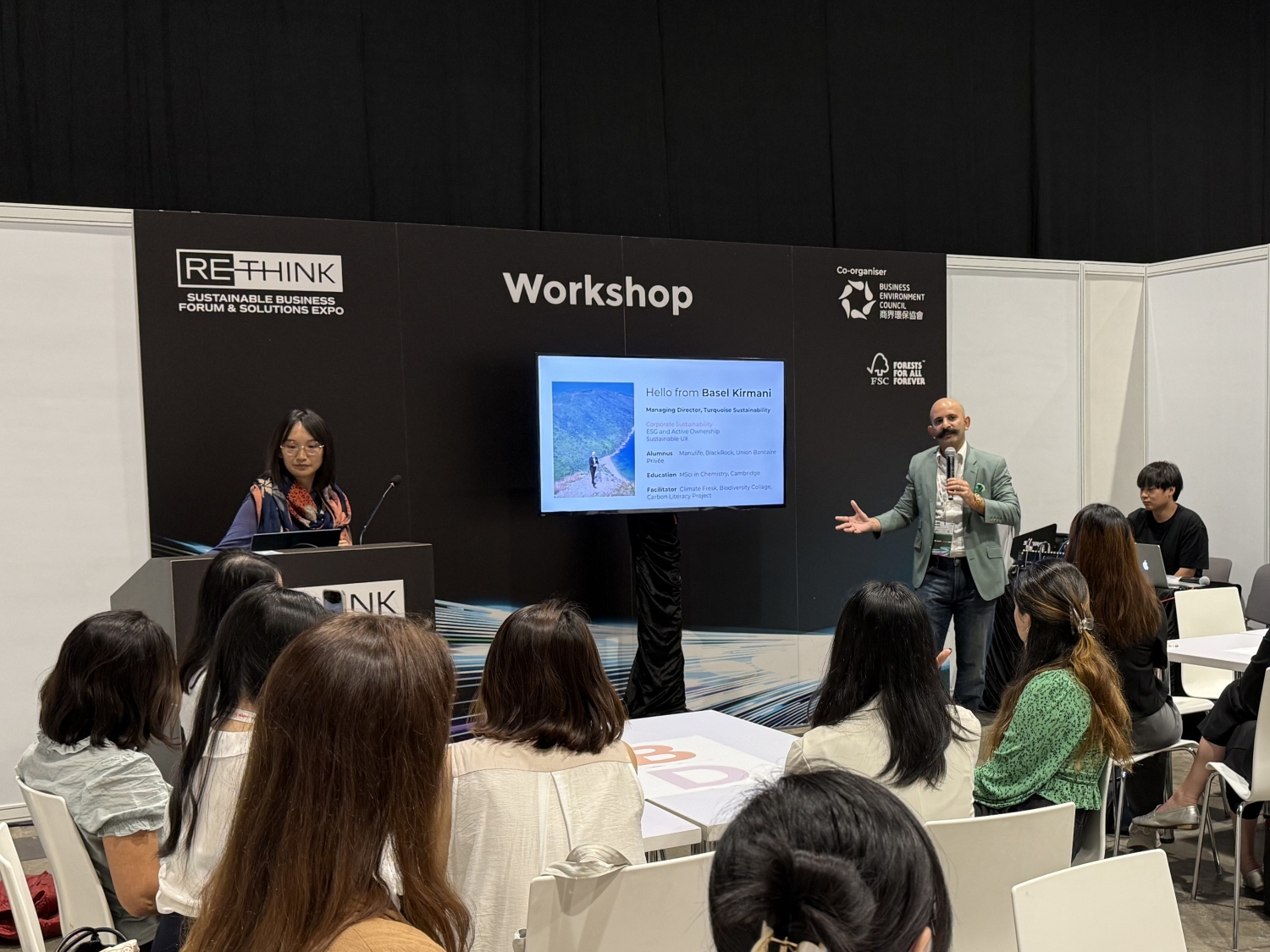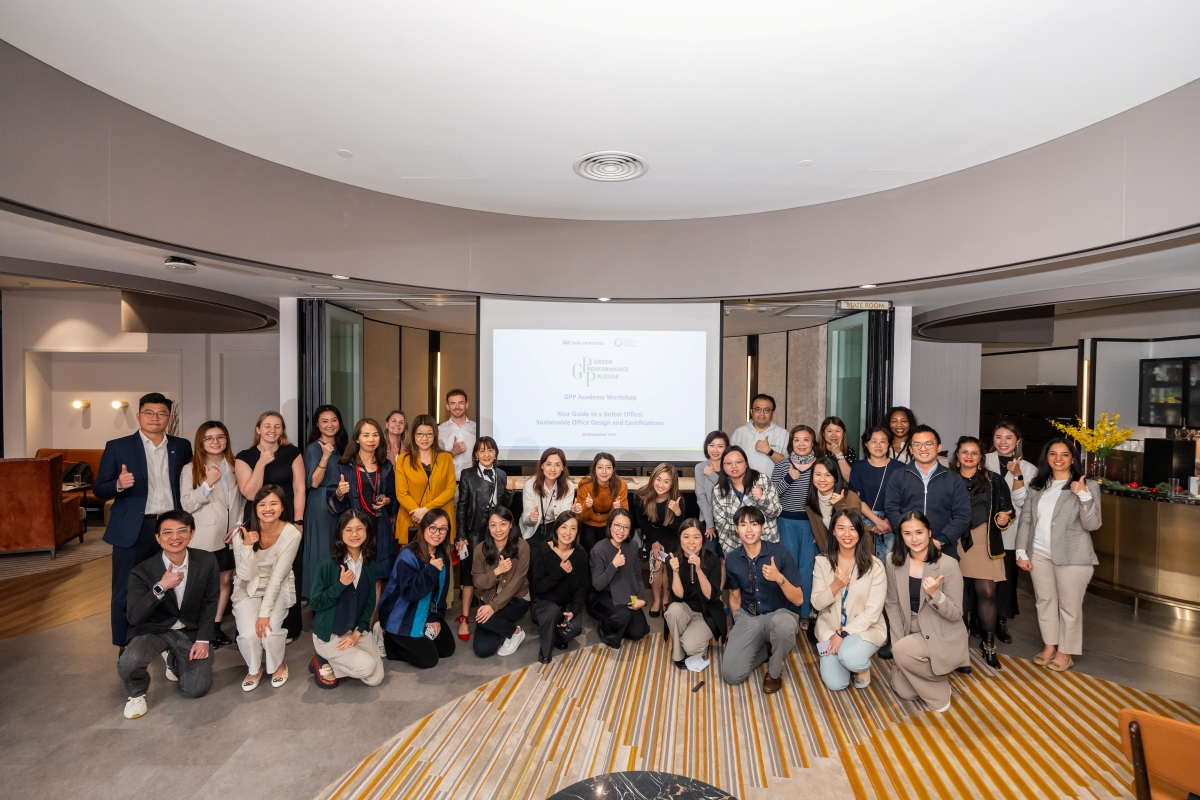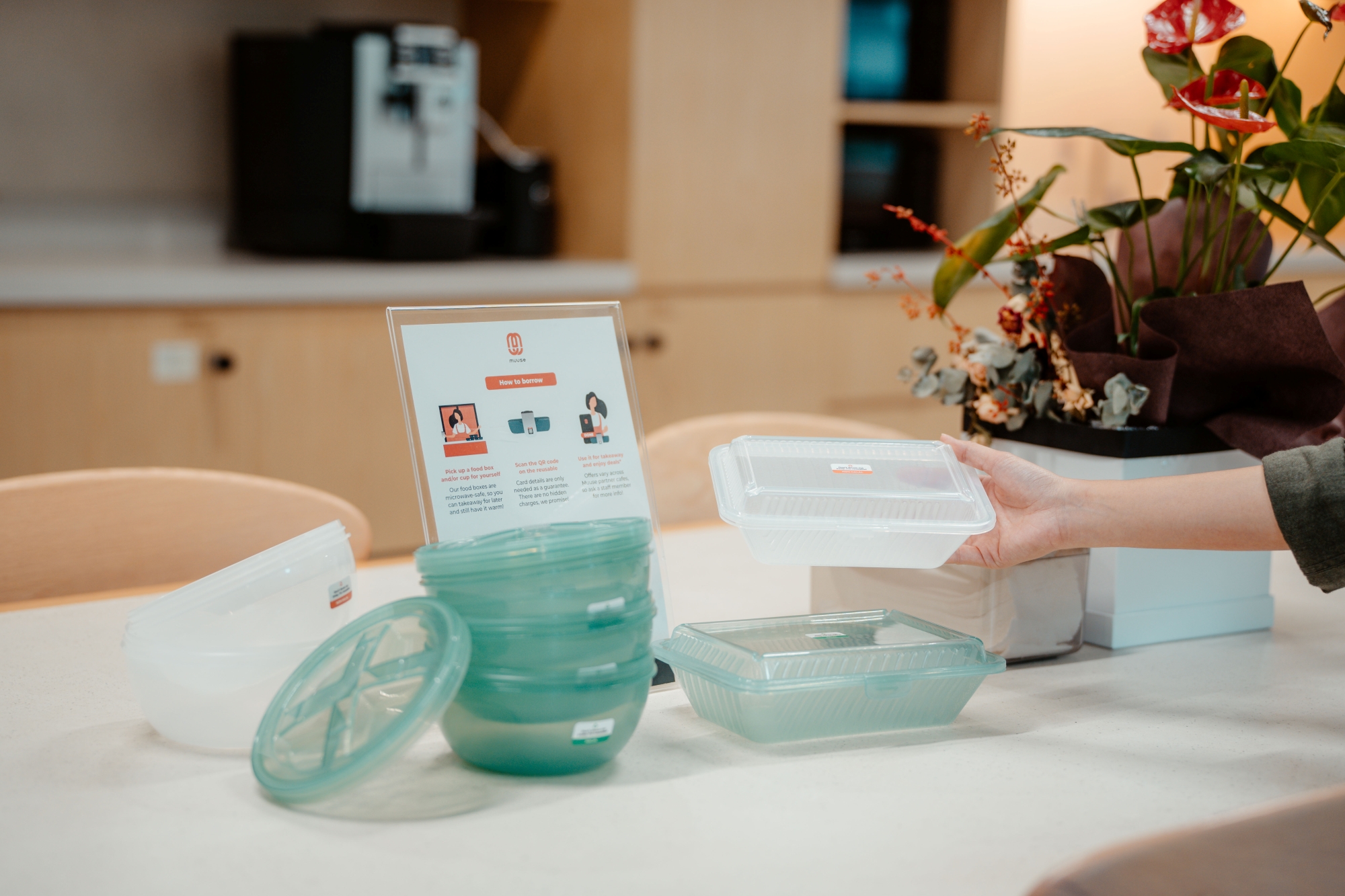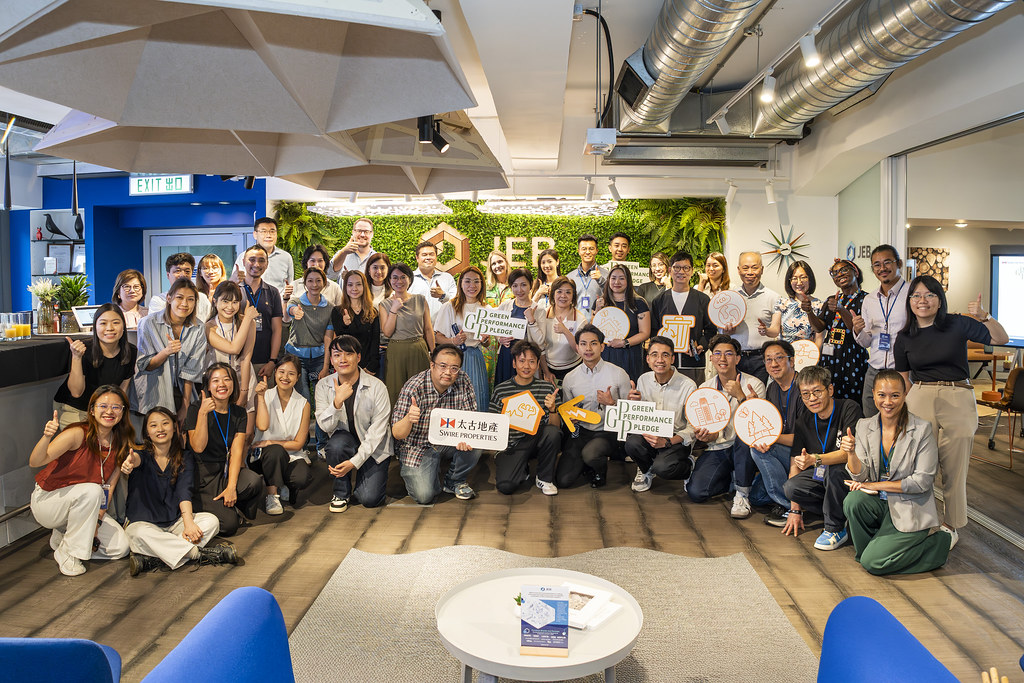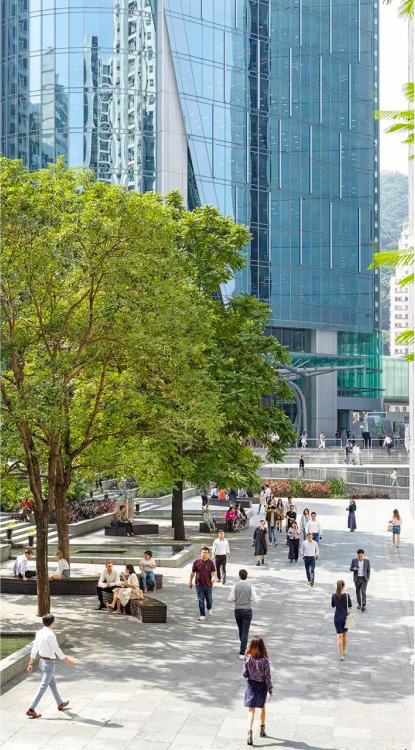GPP Academy x ReThink HK 2025 – Beyond Carbon: Exploring the Water Cycle, Water-Climate Nexus and Hidden Water Footprints in Sustainability
24 Nov 2025
Water in Focus: A Strategic Resource for a Resilient Future
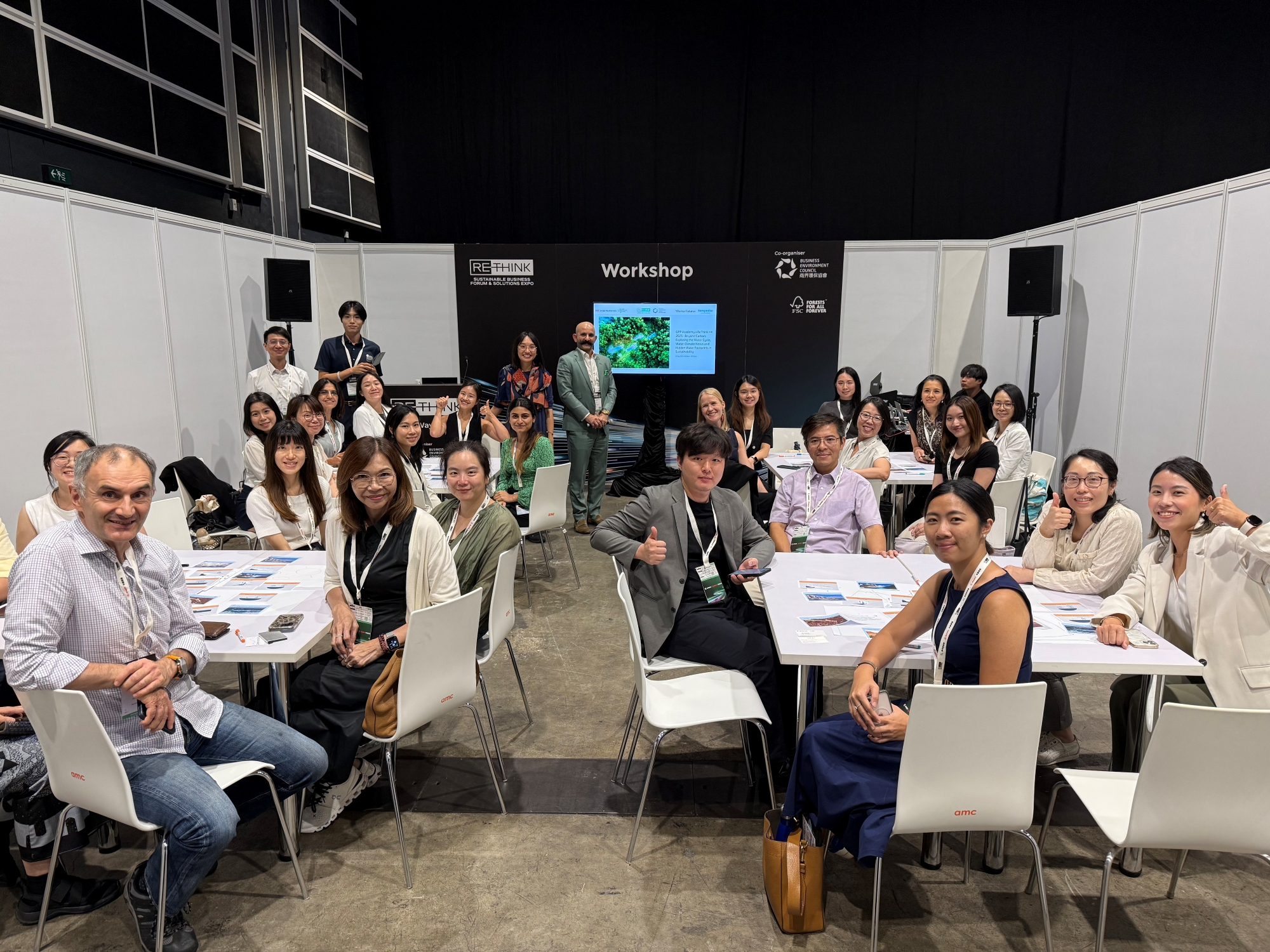
We all know water is essential to life—but when it comes to sustainability issues, it doesn’t always get the attention it deserves.
By 2030, global water demand is estimated to outstrip supply by a staggering 40%. Yet few realise just how fragile this precious resource really is—or how little it takes to disrupt its flow.
Swire Properties’ Green Performance Pledge (GPP) Academy brought this issue into focus at this year’s ReThink HK Conference with the workshop Beyond Carbon – Exploring the Water Cycle, Water-Climate Nexus and Hidden Water Footprints in Sustainability. This marked the first time the GPP Academy opened its knowledge-sharing series, usually reserved for tenants, to a broader audience, welcoming 32 participants from 23 companies.
How Much Water Are We Really Using?
Across the world, water is being consumed faster than nature can regenerate it. Participants were encouraged to consider their water footprint—from how much water is needed to produce the food they eat and the clothes they wear to the products they rely on every day.
Discussion of “virtual water”, the invisible water used in the production of goods, was an eye-opener for many.
Using beef as an example, facilitators broke down how production consumes enormous volumes across feed, drinking and servicing—highlighting that agriculture alone accounts for the largest share of global water use at 70%, far more than industry (19%) and domestic use (11%). These hidden flows have real-world consequences—especially when we factor in growing populations and rising temperatures.
They also pointed out that measuring water footprints can be tricky. For instance, the footprint of a T-shirt can have vastly different estimates depending on whether washing it over its lifetime is included.
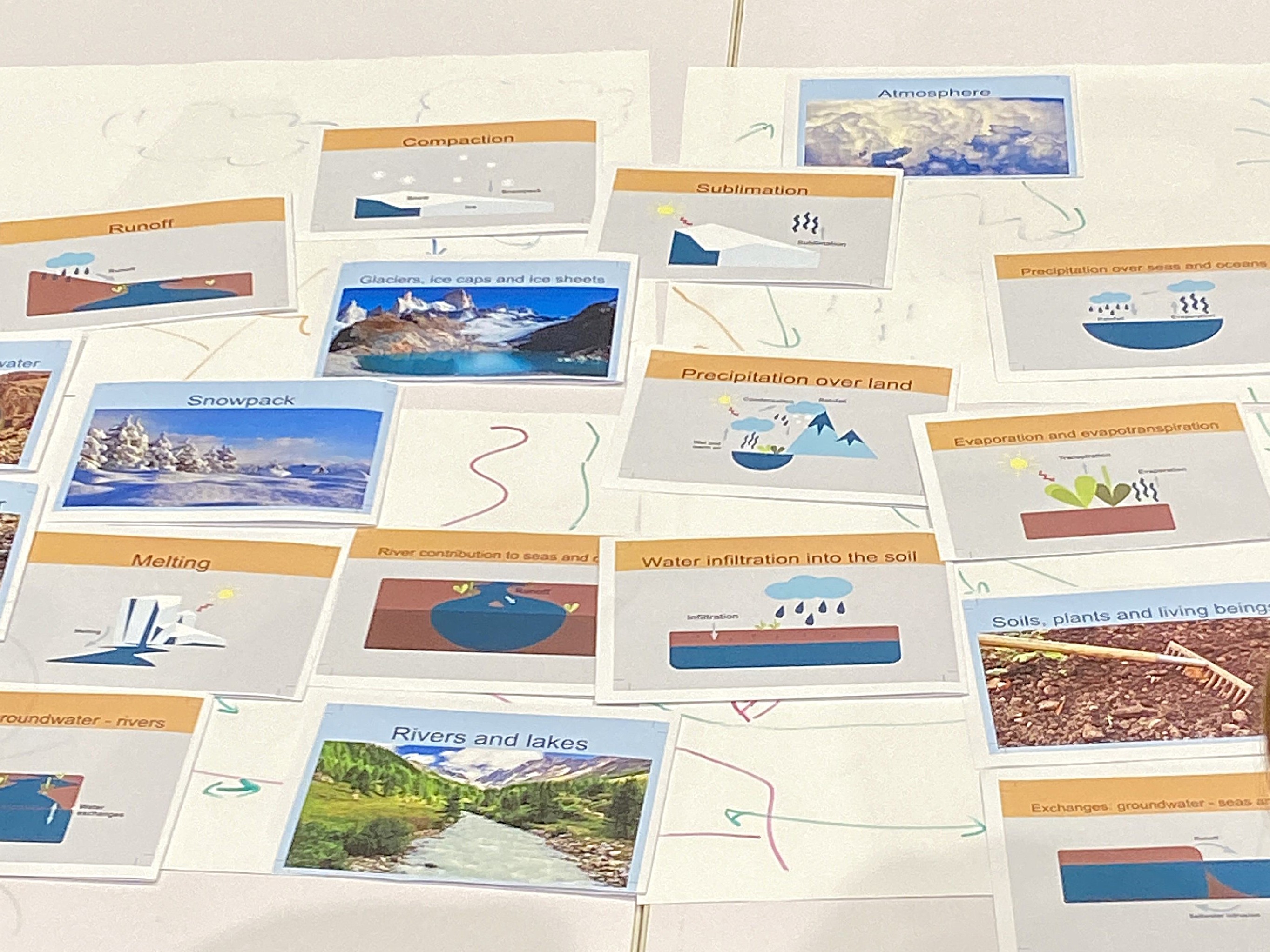
Tracing Water’s Journey
The highlight of the session was the Water Cycle Game—a hands-on activity mapping the journey of water across ecosystems. From ice-capped mountains and flowing rivers to lakes, soil and deep oceans, the game encouraged everyone to visualise the different “stocks” of water and the complex ways it moves through our world.
This sparked insightful conversations about how climate change and human activities are disrupting the water cycle. Rising temperatures are leaving ecosystems and communities under growing stress, and economic endeavours like cotton farming can further degrade soil and block underground aquifers from replenishing.
These global patterns are playing out locally. In Hong Kong, increasing rainfall and more frequent heavy rain days signal a changing climate, underscoring a need to adapt. Inspired by the game, many felt a renewed sense of urgency and a deeper understanding of how interconnected their choices are with the health of global water systems. Facilitators suggested that perhaps we can take a leaf out of Singapore’s book: the city state has a proactive water management strategy that efficiently captures rainwater and prevents runoff through innovations like rain gardens, green roofs and permeable pavements that allow rainwater to filter into the ground.
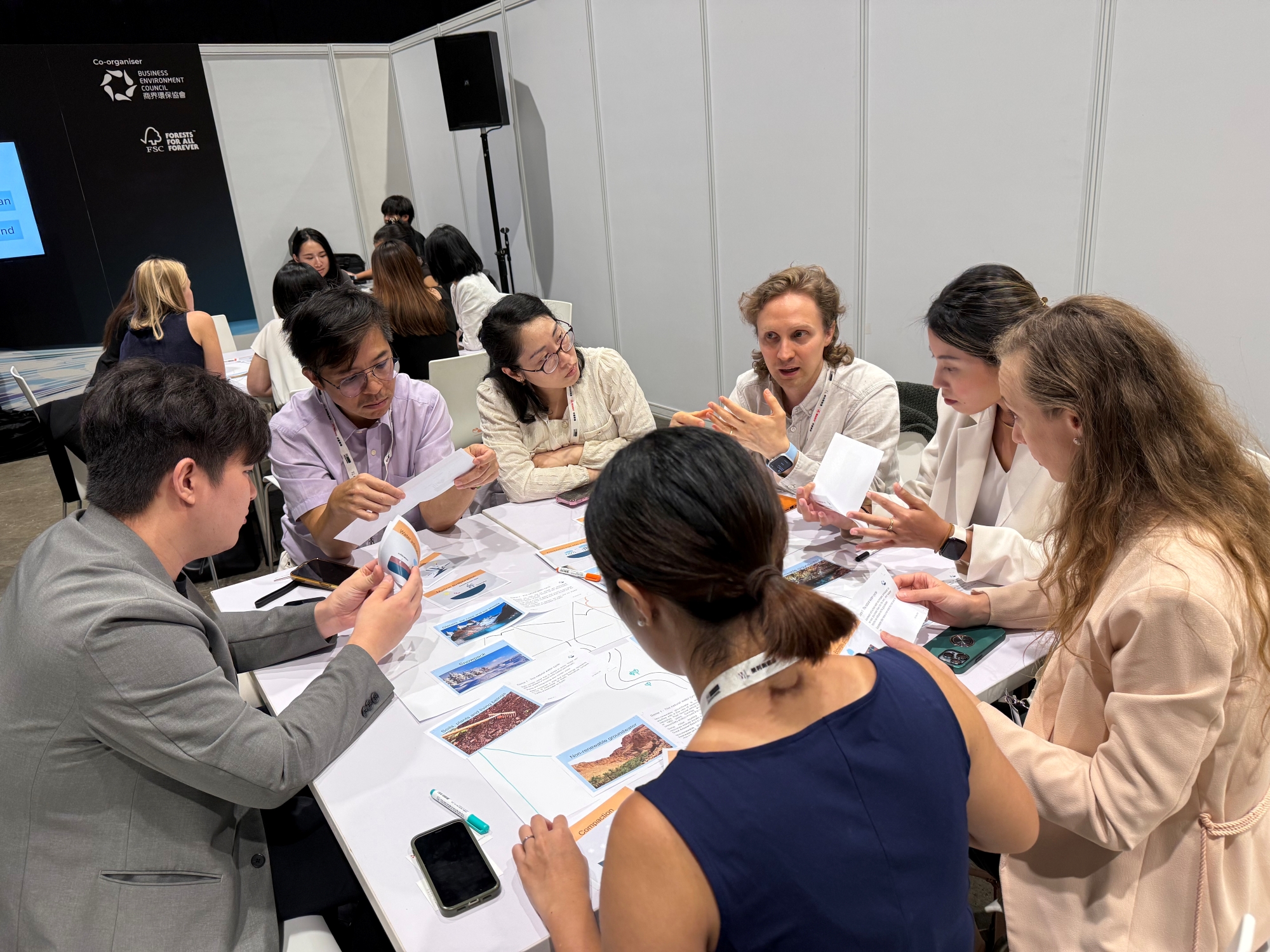
Time to Rethink How We Value Water
From unpacking key concepts to grounding them in real-world examples, the workshop set the scene for honest dialogue around the role of water in our collective journey towards a more sustainable planet. A key learning: the biggest environmental costs often go unnoticed—hidden in the products we buy, the services we use and the systems we overlook.
Participants walked away feeling inspired to act—ready to review their own water footprints and drive conversations on responsible water use within their organisations and with their partners.
When was the last time you questioned where your water comes from—or how much you are actually using?
Want to be a part of the change? Join the next GPP Academy session for more thought-provoking discussions. Take your sustainability journey beyond awareness—and into action.


